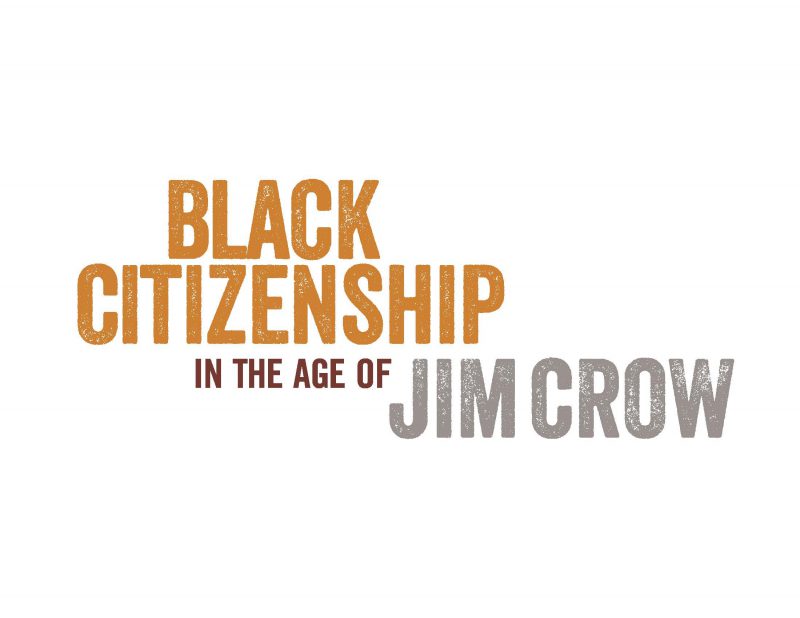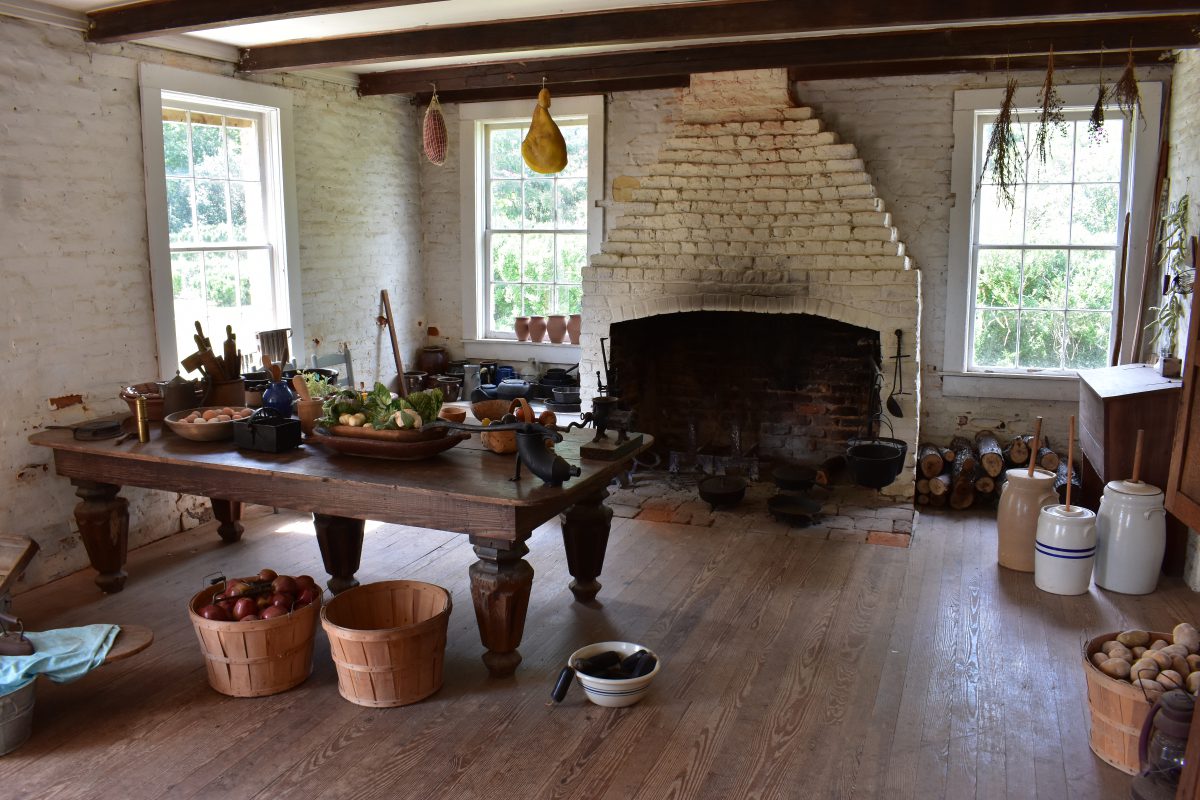
Rose Hill Plantation State Historic Site in Union will host the exhibit “Black Citizenship in the Age of Jim Crow” from August 31 – November 29, 2019. The exhibit explores the struggle for full citizenship and racial equality that unfolded in the 50 years after the Civil War. Two public collateral programs will take place in September. SC Humanities supported this project with a Mini Grant.
“Black Citizenship in the Age of Jim Crow” was developed by the New York Historical Society with lead support from the National Endowment for the Humanities. According to the New York Historical Society website, “The exhibition is organized chronologically from the end of the Civil War to the end of World War I and highlights the central role played by African Americans in advocating for their rights.” At Rose Hill Plantation State Historic Site, the Project Director hopes the exhibit will give visitors a framework through which to consider the stories of enslaved people, freedpeople, and sharecroppers, about whom visitors learn on guided tours of the site.
In addition to the eight panels of the original exhibit, staff from the South Carolina State Park Service will develop a Rose Hill-specific text panel. The historic site will also host two public programs in September to go along with the exhibit: on September 7, there will be a screening of the film Black Panther, and on September 21 there will be a living history event focused on the African-American experience at Rose Hill.
For more information about Rose Hill Plantation Historic Site, including directions and hours, visit the website at: https://southcarolinaparks.com/rose-hill.
The mission of SC Humanities is to enrich the cultural and intellectual lives of all South Carolinians. Established in 1973, this 501(c) 3 organization is governed by a volunteer 20-member Board of Directors comprised of community leaders from throughout the state. It presents and/or supports literary initiatives, lectures, exhibits, festivals, publications, oral history projects, videos and other humanities-based experiences that directly or indirectly reach more than 250,000 citizens annually.
Image: The historic kitchen at Rose Hill, where the exhibit will be displayed; image courtesy of Rose Hill Plantation State Historic Site
